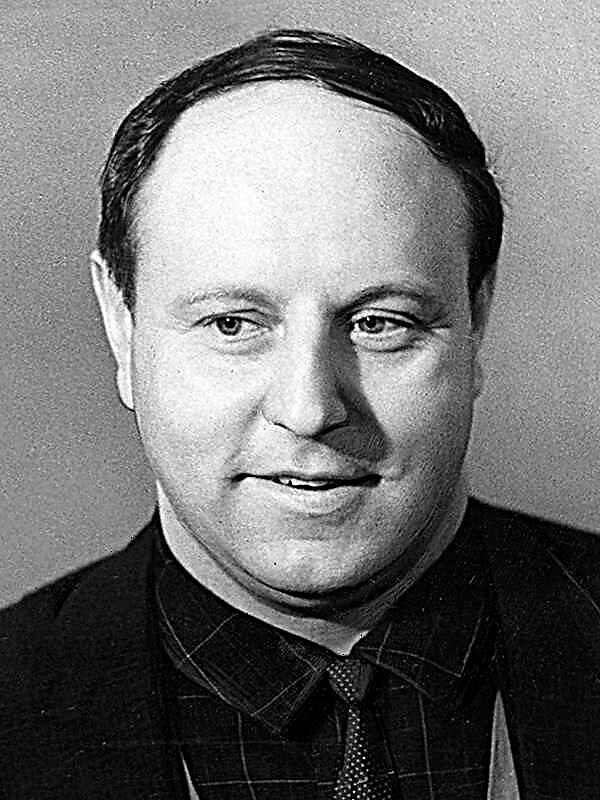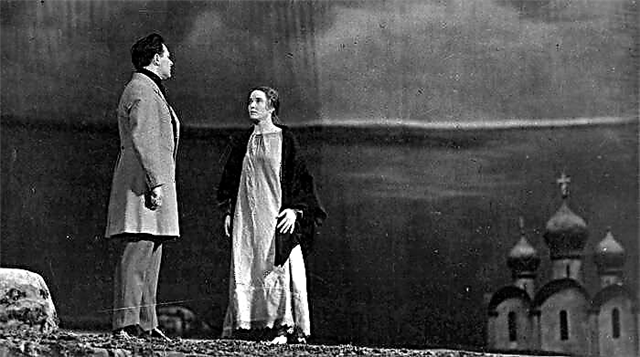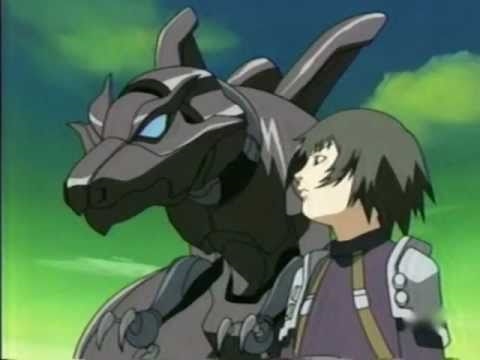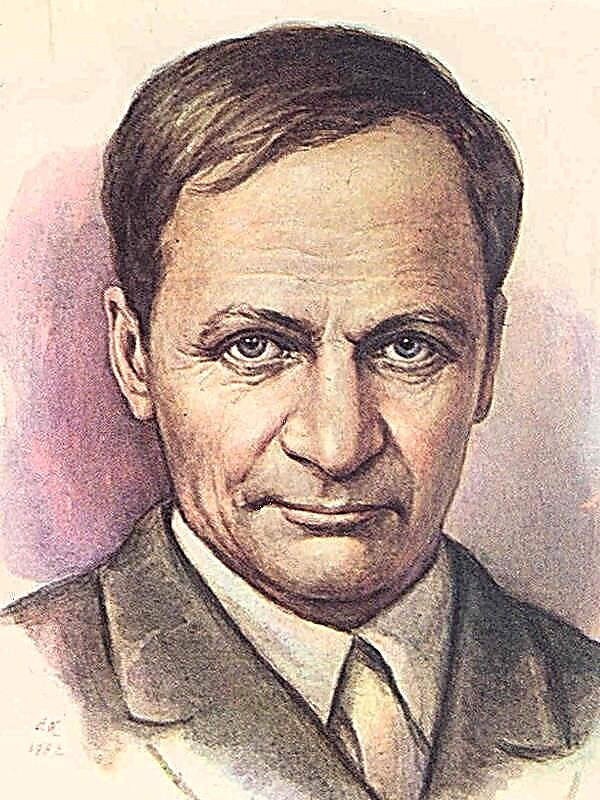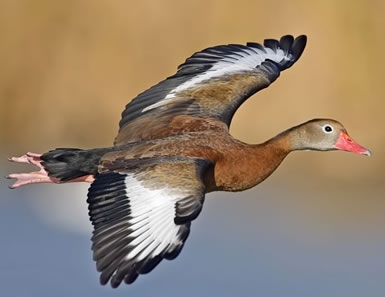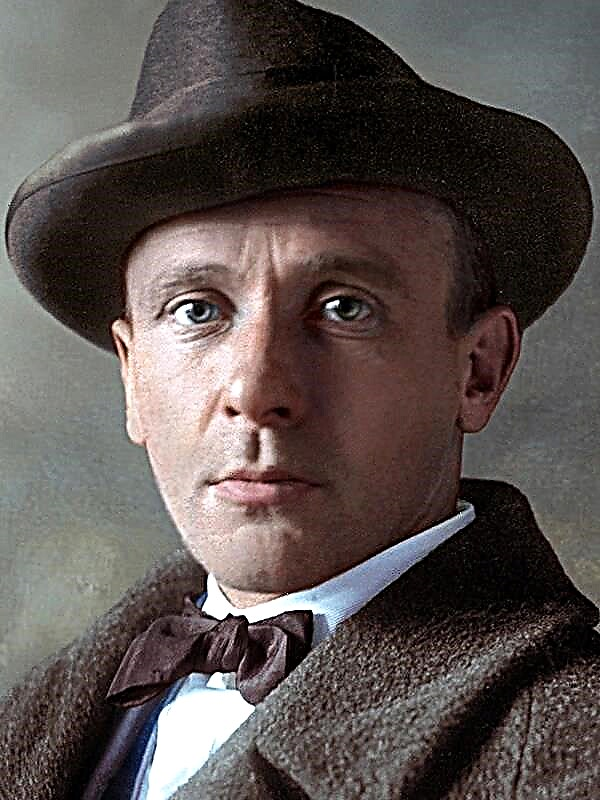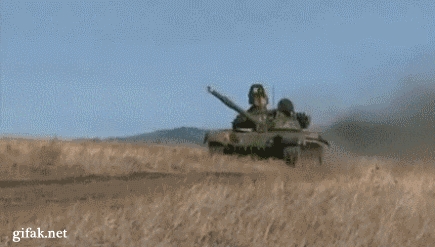(341 words) Poem "12" describes the clash of two worlds: the old and the new. One destroyed, cold, hopeless, the second swift, aggressive, drugged. The scene is Petrograd. It is no longer a majestic capital, but a black, lifeless city blown through by the winds. Everywhere devastation, poverty and cruelty. People from the hopelessness of their situation cease to be people, which the author emphasizes, drawing the analogy “old woman - chicken”, “bourgeois-dog”. The past is unconditionally defeated, its representatives are no longer fighting for power, now their only goal is survival. The future is merciless, it is ready to burn everything to the ground and destroy anyone who gets in its way. The new world is ruthless not only to enemies, but also to associates. This is clearly seen in the episode of Katya’s murder: the culprit is suppressed by what happened, but his comrades, instead of supporting, express disapproval of such sentimentality, demonstrating another feature of revolutionary thinking - it is not the person who is important, but the idea.
The whole poem is riddled with contrasts. The block emphasizes the world split all the time: black and white dominate in the color scheme. The reader sees either the unhappy old woman and the writer crushed by the coup, or the detachment of twelve inspired by the changes. Contrast and attitude to the revolution. At first we see representatives of the old world - they are embittered, depressed, disappointed. All these people live with a sense of disaster, the phrases “Russia has perished”, “They will destroy us”, “Already we cried, cried”, “Traitors” and so on are constantly heard. But we also see another view - the attitude of the representatives of the new world, who have finally become masters of life, they celebrate victory and revel in power. For them, the revolution is a blessing that forever changed their life, only thanks to the new government did they ascend to the very top of the social hierarchy.
So what is the relation to the revolution in the poem? I think that to answer this question it is worth taking a closer look at the image of the wind. It is with him that everything begins - “Wind, wind —In all of God's light!”. An analysis of these opening lines prompts the attentive reader to the idea that the wind is a kind of metaphor for revolution, a symbol of spontaneous changes that overcome any obstacles and affect everyone without exception. Understanding this is the key to understanding the relationship to the events of 1917 in the poem. As it is impossible to unequivocally relate to the wind and its strength, it is also impossible to unilaterally judge a coup. Just like the wind, it is only an external factor that affects people differently. Someone is knocked down by the wind, and someone opposite is driven to move on.


